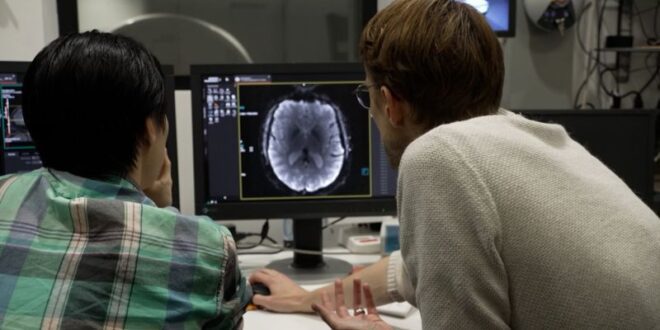Scientists from the University of Texas in Austin have developed a way to translate scans of brain activity into words using artificial intelligence (AI) technology made by OpenAI, according to a report by CNN. The breakthrough could be life-changing for individuals who have lost the ability to speak, including those with “locked-in” syndrome and stroke victims. Furthermore, researchers believe the approach could be used in more controversial settings, such as potentially hearing the unspoken thoughts of a prisoner. However, the technology is still in its infancy, and its limitations offer some relief. AI cannot yet easily read our minds, according to Assistant professor of neuroscience and computer science at the University of Texas, Alexander Huth. The technique involves brain scans carried out in an fMRI machine, with the AI learning the individual’s brain over a number of hours, and requires the person’s consent.

 Mind Uncharted Explore. Discover. Learn.
Mind Uncharted Explore. Discover. Learn.



